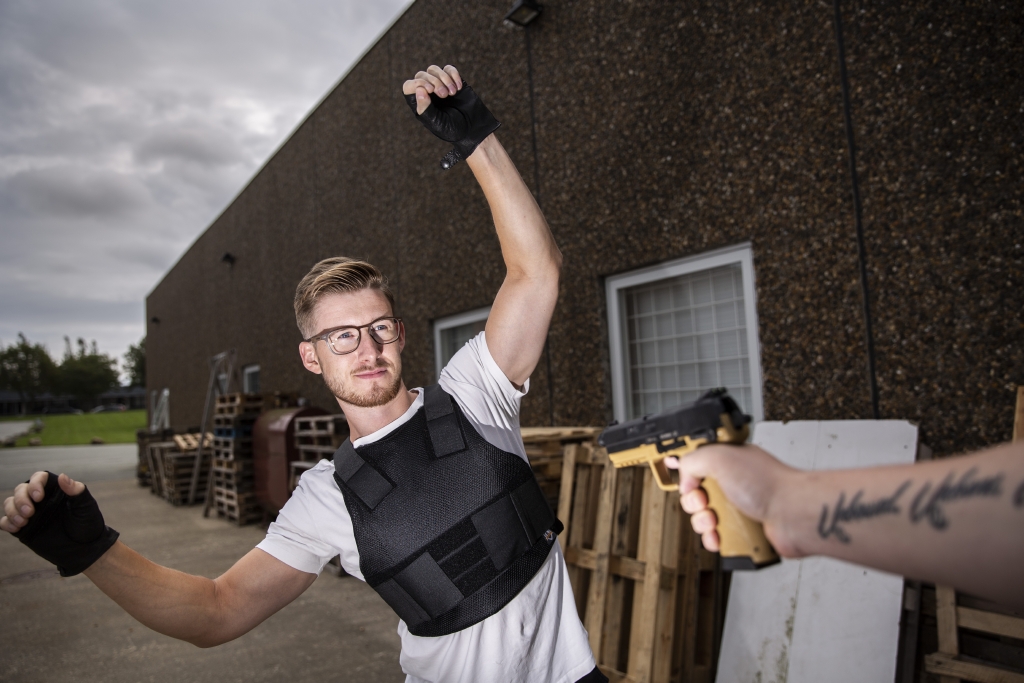Fremtidens forskere inden for ingeniørvidenskab støbes hos os. Vores ph.d.-studerende har høje akademiske ambitioner og leverer resultater af høj kvalitet til både den private og den offentlige sektor. Vores hovedfokus er anvendt forskning, og vi har et stærkt samarbejde med branchen for mekanik og produktion, fordi vi forstår deres kerneudfordringer og bidrager til at udvikle løsningerne.
Dansk ingeniør er den første til at måle på og opstille guidelines for boltsamlinger med afløseren for kevlar, det ultra stærke plastikmateriale med det mundrette navn ultra-high molecular weight polyethylene.
Forestil dig et fløjlsblødt stof, som er ganske let, men samtidig stærkt nok til at kunne stoppe en kugle. Det er ca. beskrivelsen af ultra-high molecular weight polyethylene (UHMWPE), et super-plastmateriale kommercielt kendt som Dyneema eller Spectra, der allerede er ved at overtage for para-aramid-fibermaterialet kevlar i bl.a. skudsikre veste og andet mandskabspanser.
Men der er god brug for supermaterialet til mange andre applikationer, og derfor har forskere nu opstillet guidelines og fejlmekanisme-diagrammer for stoffets anvendelse ved samlinger med stålbolte, anført af ph.d. og civilingeniør på Institut for Ingeniørvidenskab, Aarhus Universitet, Simon Skovsgård, og professor Norman Fleck ved University of Cambridge.
